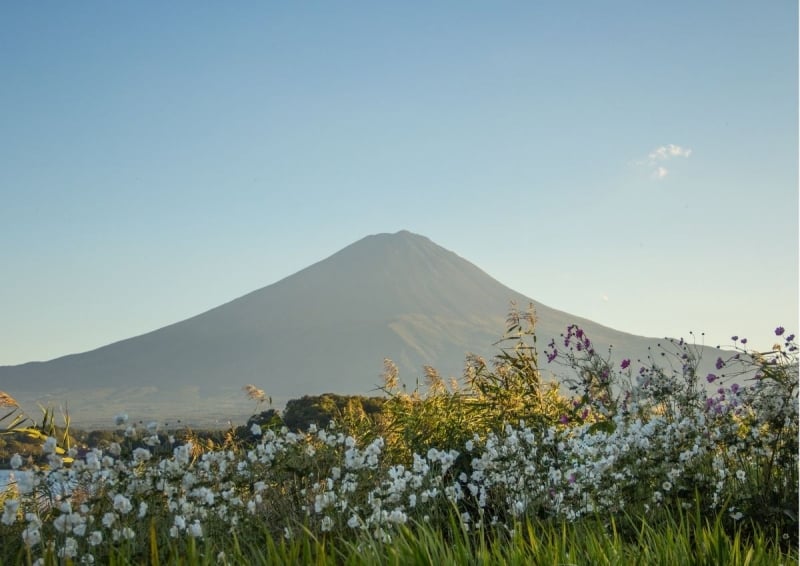Japan‘s iconic Mount Fuji remains dry and snowless as of late October, marking a record-breaking delay in snowfall in 130 years. This year’s unusually warm weather has prevented the formation of the mountain’s beloved snowcap, a stark departure from historical norms. The previous record for the latest snow was 26 Oct, set in both 1955 and 2016.
Also read: Japan Endures Its Hottest July in Over a Century
Climate change impact on Mount Fuji snow

Image credit: Fermatastock via Canva Pro
Experts believe this unprecedented delay is due to the increasing effects of climate change. Japan experienced its hottest summer on record this year, with temperatures soaring to record highs. This heatwave, couple with unusually warm fall temperatures, has disrupted the region’s typical weather patterns. The lack of cold air and snowfall is raising concerns about the long-term implications for the mountain’s ecosystem and tourism industry.
Mount Fuji: a beloved symbol of Japan
Mount Fuji, a UNESCO World Heritage site, is a beloved symbol of Japan. Its symmetrical peak, often adorned with a seemingly perfect snowcap, inspires countless artists and poets. The mountain’s snow-covered slopes are a popular destination for hikers and winter sports enthusiasts, sometimes even for novice climbers who want to check visiting Mount Fuji off their bucketlist! However, the recent climate trends threaten to alter this iconic landscape.
Tourism and economic impact
The delay in snowfall may also impact the region’s tourism industry. While the summer climbing season just finished, the mountain’s winter appeal, which includes sports activities like skiing and snowboarding, could potentially diminish. Additionally, the economic benefits associated with winter tourism, from accommodations to equipment rentals, may also be affected.
Also read: 14 Scenic Stays Near Mount Fuji for the Best Views
The situation at Mount Fuji is not only Japan’s problem, but an increasing global concern. Rising temperatures and changing weather patterns are negatively affecting ecosystems and communities worldwide. As the world grapples with the consequences of climate change, it is only right that we humans, a inhabitants of the planet, take immediate and intentional action to mitigate its effects and protect our planet’s natural wonders for the future generation.
Facebook featured image credit (R): ブローディ | Flickr




